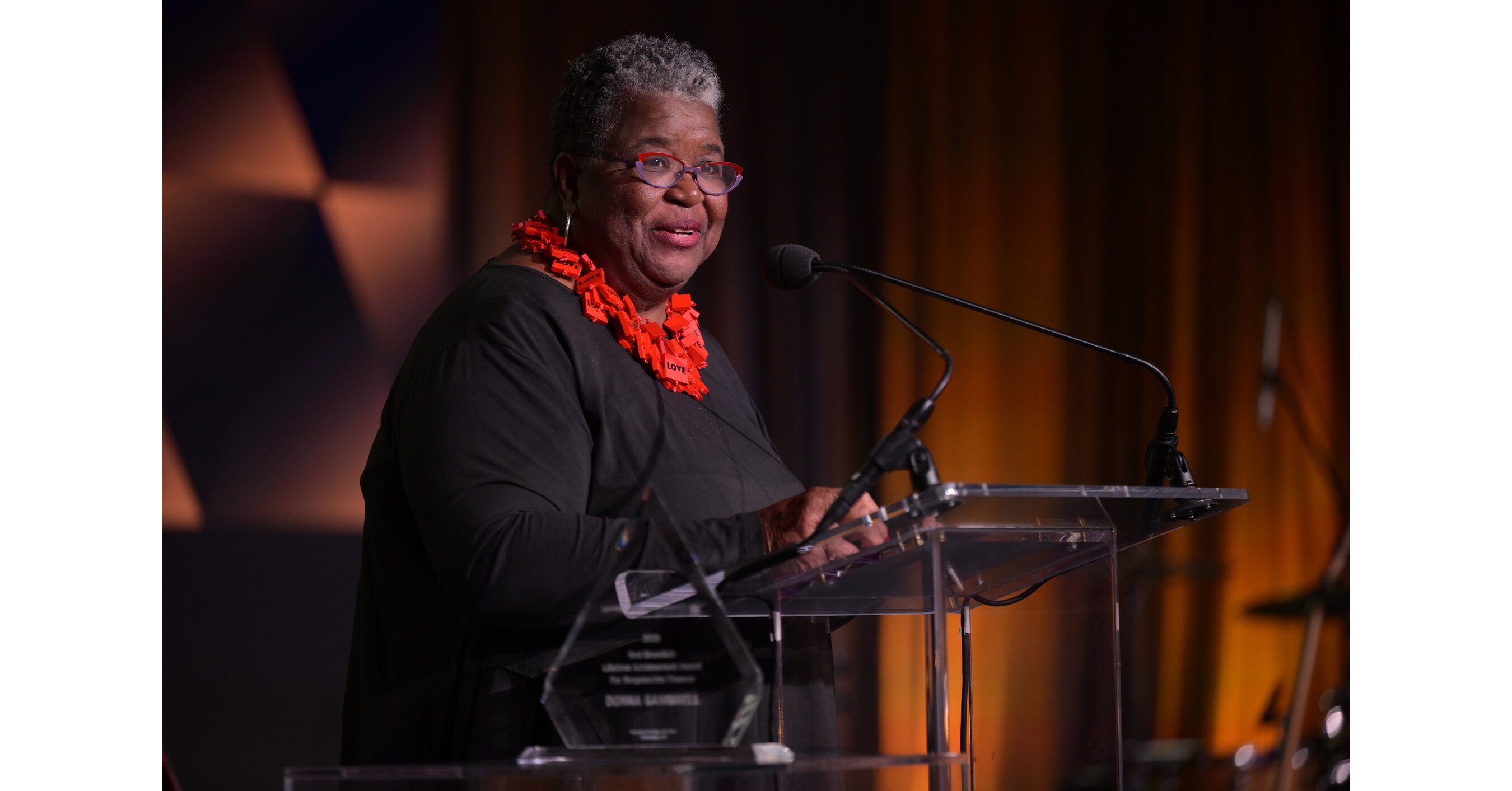California
Should I put my fiancé’s name on the deed to my California home after we marry?

I am writing to you after reading your article titled, “I met my wife in 2019 and we married in 2020. I put her name on the deed of my $998,000 California home. Now I want a divorce. What can I do?” You have deemed this situation a “cautionary tale” for other readers who commingle finances too quickly with the wrong person.
I am happy to say that I am not in this situation as of yet. I am a 30-year-old female who has recently become a first-time homeowner with the help of my family.
I have been engaged to a 30-year-old male for the past six and a half years. We have been living together for the past five years. I am the only one working right now making about $83,000 a year. My fiancé is a graduate student working toward his master’s degree in a special-education teaching credential. He will be guaranteed full-time work after a year from his program as a special-education teacher.
“‘Only my name and my father’s name is on the deed of the house because he provided the down payment for this house.’”
Right now, my fiancé’s name is not on the deed of the house. We also keep separate bank accounts, and have no joint accounts. Only my name and my father’s name is on the deed of the house because he provided the down payment for this house.
My fiancé is in complete agreement that his name will not go on any loans or deeds until he financially contributes to the mortgage payments (I am paying the full mortgage each month). When that time comes, I think it is fair that his name should go on the loan as well as the deed.
I wanted to reach out to you for any advice you have to offer regarding my financial situation before we legally commingle our finances. We will not be married for at least another two years, and as we approach our wedding date (not yet set), we plan to do premarital counseling as well as draft prenuptial agreements to sign. If there is an option to do premarital financial counseling, I would be open to that as well.
Covering my Bases in California
“Don’t make any decisions under pressure.”
MarketWatch illustration
Dear Covering,
There’s a lot of positive signs about the future of your relationship in your letter. You’ve had a very long engagement, and you have been living together for five years, and you are supporting your fiancé while he is finishing his studies. It may be that you eventually decide to have a family together, and this home will be where you create all those memories that you will look back on in 30 years time. However, I also urge you to proceed slowly.
First of all, it would not currently make financial sense to add your future husband’s name to the deed. You certainly don’t want to refinance your mortgage when the 30-year fixed rate is approaching 8%, assuming your rate is far lower. You will end up paying hundreds of dollars more per month to live in your home. You can love each other, fight, compromise, make sure your voice is heard far more easily if you both have your financial independence.
As for putting his name on the deed and the mortgage, it’s not a good idea to add somebody’s name to the deed of a home and not to the mortgage. That makes very little sense. If you split up — which, although unthinkable, happens to roughly 40% of couples — you would be responsible for the mortgage, while your husband or ex-husband still owns 50% of your property. You cannot take somebody’s name off the deed of a home without their cooperation.
“You certainly don’t want to refinance your mortgage when the 30-year fixed rate is approaching 8%, assuming your rate is far lower.”
There are arguments in favor of putting your future spouse’s name on the deed of the house. If you were to predecease your future husband, the house would not then have to go through probate. It also means that if you or your spouse got into debt, creditors would be unable to make a claim on your jointly owned property.
California is a community-property state, so all assets and earnings acquired during the marriage are generally considered community/marital property, and typically split 50/50 in the event of a divorce. Assets acquired before the marriage — in this case, your home — are considered separate property, although your husband may still be entitled to 50% of the acquired value during your marriage.
Engage in premarital financial counseling, and seek your own advice from a family-law attorney, and your father. It may be that you start by signing a prenuptial agreement stating that — in the event of a divorce — you split the house in accordance with the amount of money you each invested in the property, adjusting that sum for the increase in value from the time your future husband’s name is put on the deed. Don’t make any decisions under pressure.
You have taken your time with your engagement, and you can take your time with this. Good luck with your wedding — and I wish you a lifetime of happy memories with your marriage. Take it one step, vow and contract signing at a time. Parents rarely do anything by accident. So remember — given that your father’s name is on the deed — whatever you decide you will need his permission too.
You can email The Moneyist with any financial and ethical questions at qfottrell@marketwatch.com, and follow Quentin Fottrell on X, the platform formerly known as Twitter.
Check out the Moneyist private Facebook group, where we look for answers to life’s thorniest money issues. Post your questions, tell me what you want to know more about, or weigh in on the latest Moneyist columns.
The Moneyist regrets he cannot reply to questions individually.
Previous columns by Quentin Fottrell:
‘They do not trust her, nor do I’: My elderly parents fear my sister will empty their bank accounts and steal their possessions. What can we do?
‘It feels like a nightmare’: My siblings hid our father’s will, which would have left me $135,000. What can I do?
‘I am watching my inheritance evaporate’: My brother and sister constantly hit our parents up for money. What can I do to stop this?

California
FBI agent posing as 12-year-old girl ensnares alleged pedophile in California

A 41-year-old Ventura man is facing the possibility of life in prison after he sent a federal agent posing as both a dad and a daughter sexually explicit photos, authorities announced earlier this week.
Trevor Lyons began speaking to the undercover agent with the Federal Bureau of Investigation in August 2024 on the Kik messaging app. At the time, the agent was posing as the father of a 12-year-old girl who used the name “UC Dad,” the L.A. Times reported.
According to the indictment, Lyons responded, “Oooof. A tad young but do you have pics?” when the undercover officer gave him the age of his fictitious daughter.
Federal officials also said Lyons told UC Dad that he wanted to talk to the young girl, saying, “I’d love to see how much of a freak she is.”
The 41-year-old then offered photos of his own 17-year-old daughter from when she was 15 years old and continued to have sexually explicit conversations with UC Dad that month on Telegram.
In September 2024, Lyons added what he thought was UC Dad’s 12-year-old girl as a friend on Discord, telling her that he was 40 and asking if she had ever seen a penis before, the indictment details. As the conversations continued to escalate, investigators say he asked UC Dad’s daughter if she had ever performed oral sex and offered to teach her how before sending an explicit photo and video with a request that she perform it on him.
Law enforcement seized various electronics from Lyons in December 2024, including an iPhone 16, an iPad and a Samsung Galaxy flip phone.
In the indictment, filed in August this year, investigators allege Lyons had a yearslong history of distributing child pornography along with accusations that in May 2020, he coerced a minor to engage in sexually explicit acts for photographs that would be distributed as child sexual abuse materials.
The 41-year-old, according to federal investigators, went by several usernames online, including Defi Samurai, Carly and Herbdoc.
He was arrested Oct. 20 after a federal grand jury charged him in a nine-count felony indictment with sexual exploitation, attempted sexual exploitation of a child for the purpose of producing sexually explicit visual depiction, attempted enticement of a minor to engage in criminal sexual activity and distribution of child pornography, according to the FBI.
“If convicted on all charges, Lyons faces a statutory maximum sentence of life in prison,” federal officials said.
California
Pedestrian killed by big rig in hit-and-run on I-5 in Yolo County, CHP says

A man died Tuesday night after being struck by a big rig while running along southbound Interstate 5 northwest of Woodland in California’s Yolo County, officials said.
The California Highway Patrol’s Woodland division said it happened around 8 p.m. near the Interstate 505 interchange, between Dunnigan and Zamora. Crews were already responding to a nearby medical call and were able to arrive quickly, but the man was pronounced dead at the scene.
Witnesses told officers that an all-white big rig initially slowed down after the crash but then continued driving south on I-5 toward Sacramento. The CHP says the truck likely has damage to its front left corner.
The CHP Woodland is asking anyone who may have seen the crash or has information about the truck or its driver to contact their office.
Traffic in the area was not affected.
California
Motorcycle rider sent over guardrail in fatal Southern California crash

California Highway Patrol (CHP) investigators are trying to determine what led up to a fatal motorcycle crash in Corona over the weekend.
The collision occurred as the vehicles were traveling in opposite directions near a sharp turn on Cajalco Road just east of Eagle Canyon Road around 8:45 p.m. Sunday.
Arriving officers found the motorcycle down in the roadway near a car with front-end damage and a smashed windshield.
The unidentified motorcycle rider was sent over the railing as a result of the crash and was pronounced dead at the scene by paramedics, news video service OnScene.TV reported.
The occupants of the car involved in the crash were treated at the scene by paramedics but were not transported to a hospital, the news service stated.
It was unclear if drugs or alcohol were factors in the crash.
-

 World3 days ago
World3 days agoIsrael continues deadly Gaza truce breaches as US seeks to strengthen deal
-

 Technology3 days ago
Technology3 days agoAI girlfriend apps leak millions of private chats
-

 News3 days ago
News3 days agoTrump news at a glance: president can send national guard to Portland, for now
-

 Business3 days ago
Business3 days agoUnionized baristas want Olympics to drop Starbucks as its ‘official coffee partner’
-

 Politics3 days ago
Politics3 days agoTrump admin on pace to shatter deportation record by end of first year: ‘Just the beginning’
-
Science3 days ago
Peanut allergies in children drop following advice to feed the allergen to babies, study finds
-

 News2 days ago
News2 days agoVideo: Federal Agents Detain Man During New York City Raid
-

 News2 days ago
News2 days agoBooks about race and gender to be returned to school libraries on some military bases



















